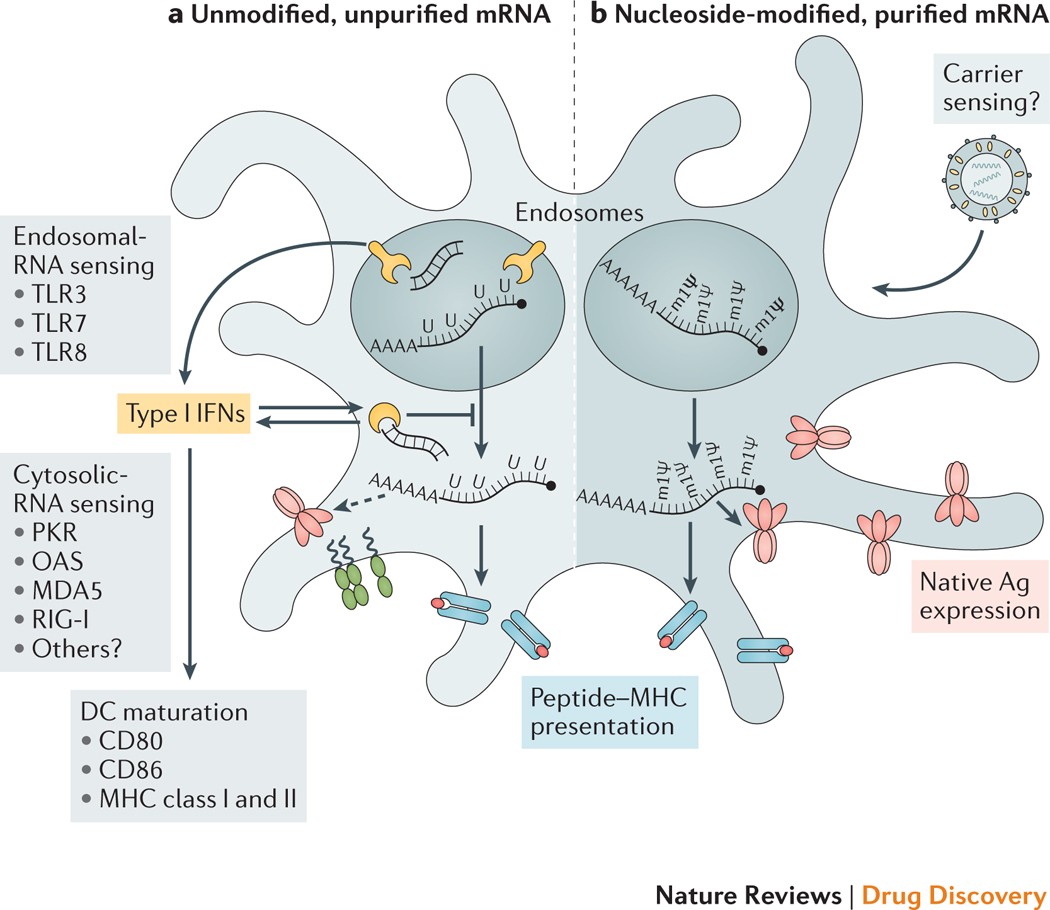
Scientific breakthrough harnesses mRNA technology to develop powerful malaria vaccine
- BiotechnologyInternational News
- No Comment
- 747
A new mRNA vaccine targeting immune cells in the liver could be the key to tackling malaria, a disease that causes over half a million deaths each year according to the World Health Organization, yet has no effective long-lasting vaccine.
Ferrier Research Institute’s Professor Gavin Painter says the approach is distinctive, as the team leveraged years of prior research from the University of Melbourne’s Professor Bill Heath at the Doherty Institute and Professor Ian Hermans from the Malaghan Institute.
“Thanks to this synergy, we were able to design and validate an example of an mRNA vaccine that works by generating resident memory cells in the liver in a malaria model,” says Prof Painter.
“It demonstrates the huge potential of RNA technology in solving some of the world’s biggest health problems and the growing capability and expertise in mRNA vaccine development here in New Zealand and Australia.”
The focus of the collaborative research investigating a novel target for malaria was originally on peptide-based vaccines. However, in 2018, the team shifted their approach and started investigating RNA-based vaccines — a decision that, so far, seems to have paid off with the recent success of RNA technology in vaccine development.
“While our successful peptide-based vaccines targeting malaria only contain small protein fragments of a malaria protein, mRNA vaccines encode an entire malaria protein,” says the University of Melbourne’s Dr Lauren Holz, Research Officer at the Doherty Institute and co-author of the paper.
“This is a real strength because it means we can generate a broader and hopefully more protective immune response.”
To pack an extra protective punch, the mRNA vaccine has been combined with an adjuvant — originally developed at the Malaghan and Ferrier Institutes for cancer immunotherapies — which targets and stimulates liver-specific immune cells. This additional ingredient helps localise the RNA vaccine response to the liver, a key site in preventing the parasite from developing and maturing in the body.


